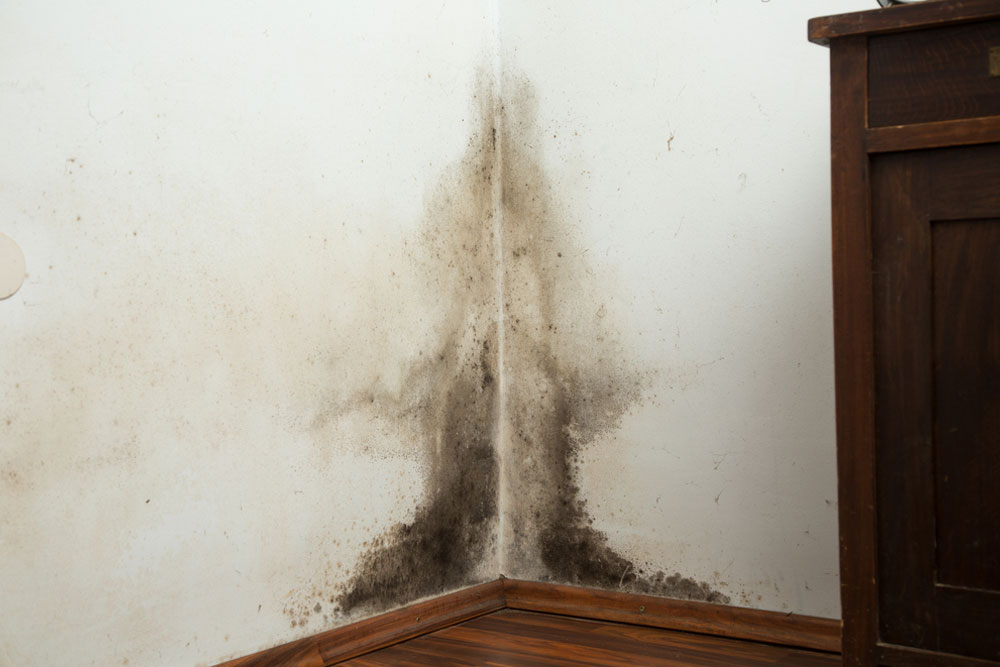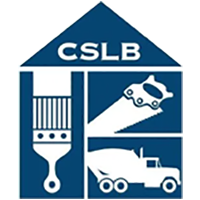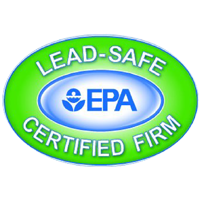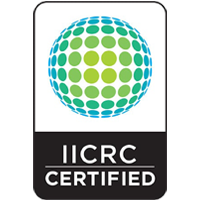
Mold in rental properties is a serious issue that can lead to health problems for tenants and potential legal consequences for landlords. Understanding the legal responsibilities surrounding mold remediation and prevention is crucial for property owners to avoid liability and ensure compliance with local laws.
Understanding Mold in Rental Properties
Mold thrives in damp, humid environments and can develop due to water damage, plumbing leaks, or poor ventilation. If left unaddressed, mold can cause property damage and health issues such as respiratory problems, allergies, and skin irritation.
For tenants, exposure to mold can lead to significant discomfort and even exacerbate pre-existing health conditions like asthma. Given the risks involved, it is essential for landlords to take mold issues seriously and address them promptly.
Landlord Responsibilities for Mold Prevention
While federal law does not explicitly regulate mold levels in rental properties, many states and local jurisdictions have laws that impose obligations on landlords to maintain habitable living conditions. This means landlords must:
- Maintain the property in a habitable condition: Many states require landlords to provide a safe and livable environment. This includes ensuring that the property is free from hazards like excessive moisture that could lead to mold growth.
- Address moisture issues promptly: Leaks, plumbing issues, and roof damage should be repaired immediately to prevent mold from developing.
- Provide adequate ventilation: Proper ventilation in bathrooms, kitchens, and laundry areas can help reduce moisture buildup, minimizing the risk of mold.
- Inspect the property regularly: Routine inspections can help landlords identify and resolve potential mold issues before they become severe.
- Educate tenants on mold prevention: Providing tenants with guidelines on how to prevent mold, such as using exhaust fans and reporting leaks promptly, can help mitigate the problem.
Legal Obligations for Mold Remediation
If a tenant reports mold growth in a rental unit, the landlord is generally required to take action. Depending on the jurisdiction, failure to address mold issues may result in legal claims from tenants, including:
- Breach of the warranty of habitability: Most states require landlords to maintain a habitable environment. If mold makes a property uninhabitable, tenants may have legal grounds to withhold rent, move out, or take legal action.
- Negligence claims: If a landlord fails to address a known mold issue and it results in tenant health problems or property damage, they could be held liable for negligence.
- Local housing code violations: Some cities have specific mold-related regulations that landlords must follow. Violations can result in fines or other penalties.
Landlords should respond to tenant complaints about mold by:
- Investigating the problem immediately
- Hiring professional mold remediation services if necessary
- Repairing any underlying water damage or moisture sources
- Keeping records of all maintenance and remediation efforts
When Is a Landlord Not Responsible for Mold?
While landlords have an obligation to maintain a habitable property, tenants also play a role in preventing mold growth. In some cases, landlords may not be responsible for mold remediation, such as when:
- The mold results from tenant negligence (e.g., failure to clean or ventilate properly)
- The tenant fails to report a mold issue in a timely manner, allowing the problem to worsen
- The lease agreement includes specific provisions that shift certain maintenance responsibilities to the tenant
To avoid disputes, landlords should clearly outline mold prevention and reporting procedures in the lease agreement.
How We Can Help
At Musick Restoration, we specialize in flood damage restoration and mold remediation for rental properties in Oceanside and San Diego. If you’re a landlord dealing with a mold issue, our team can provide thorough inspections, professional remediation, and long-term moisture control solutions to ensure your property remains safe and compliant with legal requirements. Contact us today to schedule a consultation and protect your investment.






